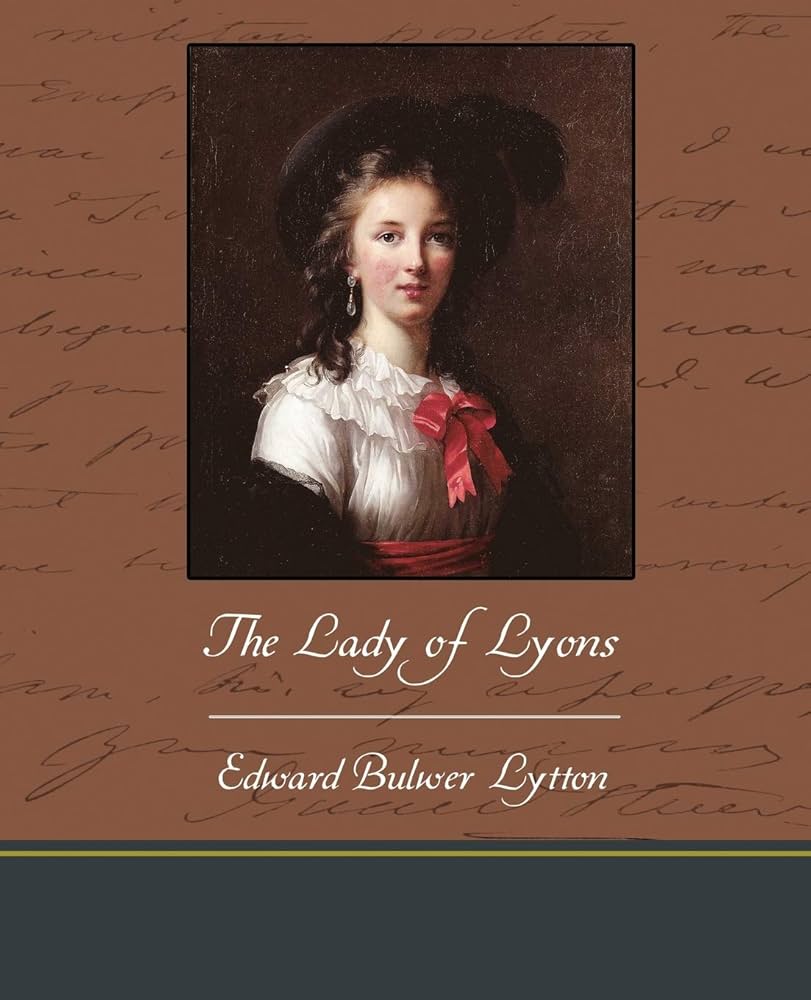Scene IV — The Lady of Lyons
byScene IV ushers the audience into a world delicately balanced between illusion and revelation, where truths long veiled come to light in the intimacy of a humble cottage. Pauline arrives, cloaked in expectation, believing herself to be the wife of a prince, only to be greeted by Melnotte’s modest home and his gentle, unassuming mother. Her confusion is immediate and profound, as the hospitality shown is at odds with the grandeur she envisioned. The warmth from the Widow is misread as gratitude for past charity, not as the heartfelt welcome of a mother to her son’s bride. That misinterpretation becomes the first crack in the illusion. Melnotte, silent at first, can no longer delay the inevitable. What was once an elaborate fantasy collapses with a single, painful truth—he is not nobility, but the son of a gardener.
Pauline’s reaction is not a mere outburst but an emotional storm, born from betrayal and humiliation. Her dreams of wealth, elegance, and romantic splendor are shattered in an instant. The shock of her surroundings—the simplicity of the cottage, the humility of the woman before her—makes the lie she’s been living undeniable. She looks to Melnotte, almost begging for reassurance, a hint that it’s all a cruel joke, but his silence confirms her worst fear. As she realizes the depth of the deception, disbelief turns to fury. Every moment spent dreaming of her imagined life now feels like mockery. Melnotte stands powerless, reduced not by her disdain but by the guilt he can no longer carry in silence.
What deepens the impact of this moment is not just the loss of luxury, but the spiritual betrayal that comes with being misled by someone professing love. Melnotte’s actions, born of desperation to prove himself worthy, now seem hollow in the face of Pauline’s despair. His elaborate performance, intended as a grand romantic gesture, is revealed as emotional manipulation. Pauline, who once held pride as a shield, now sees it fractured by her own blindness to reality. She lashes out, not just at Melnotte, but at herself for being swept away by fantasy. Her pain is raw, unfiltered, and entirely human—she has not simply lost a prince, but has been forced to question the authenticity of love itself. In the process, her character begins to shift, hardened by the sting of truth.
Melnotte’s sorrow is equally poignant, though quiet. He doesn’t beg for absolution; instead, he offers a confession free of excuse. His love was real, but so was his pride, and it became his undoing. His voice, once used to woo Pauline with grand promises, now falters with honesty. The man who thought he could elevate himself through illusion is now faced with the consequences of a heart misled by ambition. The contrast between what he wanted to become and who he truly is creates a moment of clarity. Pauline, though furious, cannot deny the sincerity now present in his words. But sincerity, she realizes, does not erase the pain of deceit.
Their exchange becomes more than an argument—it is a reckoning. Each word traded is heavy with blame, disappointment, and a longing that neither will admit. Pauline accuses, Melnotte reflects, and between them lies the wreckage of a love that tried to defy reality. The cottage that was meant to be their haven is now the site of emotional collapse. Pauline, unable to stay in a place that feels like a prison of broken dreams, demands her freedom. Melnotte, too devastated to resist, grants it without protest. This surrender marks not weakness, but a painful understanding that love cannot survive where truth has been withheld too long.
Yet even in this ruin, something valuable begins to take root. Pauline’s grief is real, but so is her growth. She begins to see that love built on fantasy cannot endure hardship. In losing her illusion, she finds a bitter wisdom. Melnotte, stripped of pretense, begins to understand that real worth isn’t earned by masquerade, but by courage and humility. Their parting is not the end of their story, but the necessary unraveling of what had to be destroyed before anything honest could be rebuilt. The tragedy lies not just in the lie, but in the hope that it might have worked. In this raw, unguarded space, both characters are forced to confront who they truly are—not lovers in a fairytale, but people scarred by pride, now standing at the edge of self-awareness.
Scene IV does not offer a resolution, but rather a painful purification. It strips away the illusions that clouded their relationship and exposes the emotional terrain underneath. Readers witness the emotional cost of deception not as a plot twist, but as a deeply human experience. This moment compels reflection on how far one might go for love, and what is lost when truth is sacrificed in its name. For all its sorrow, the scene plants the first seed of something stronger than illusion—an honesty forged from shared pain.

